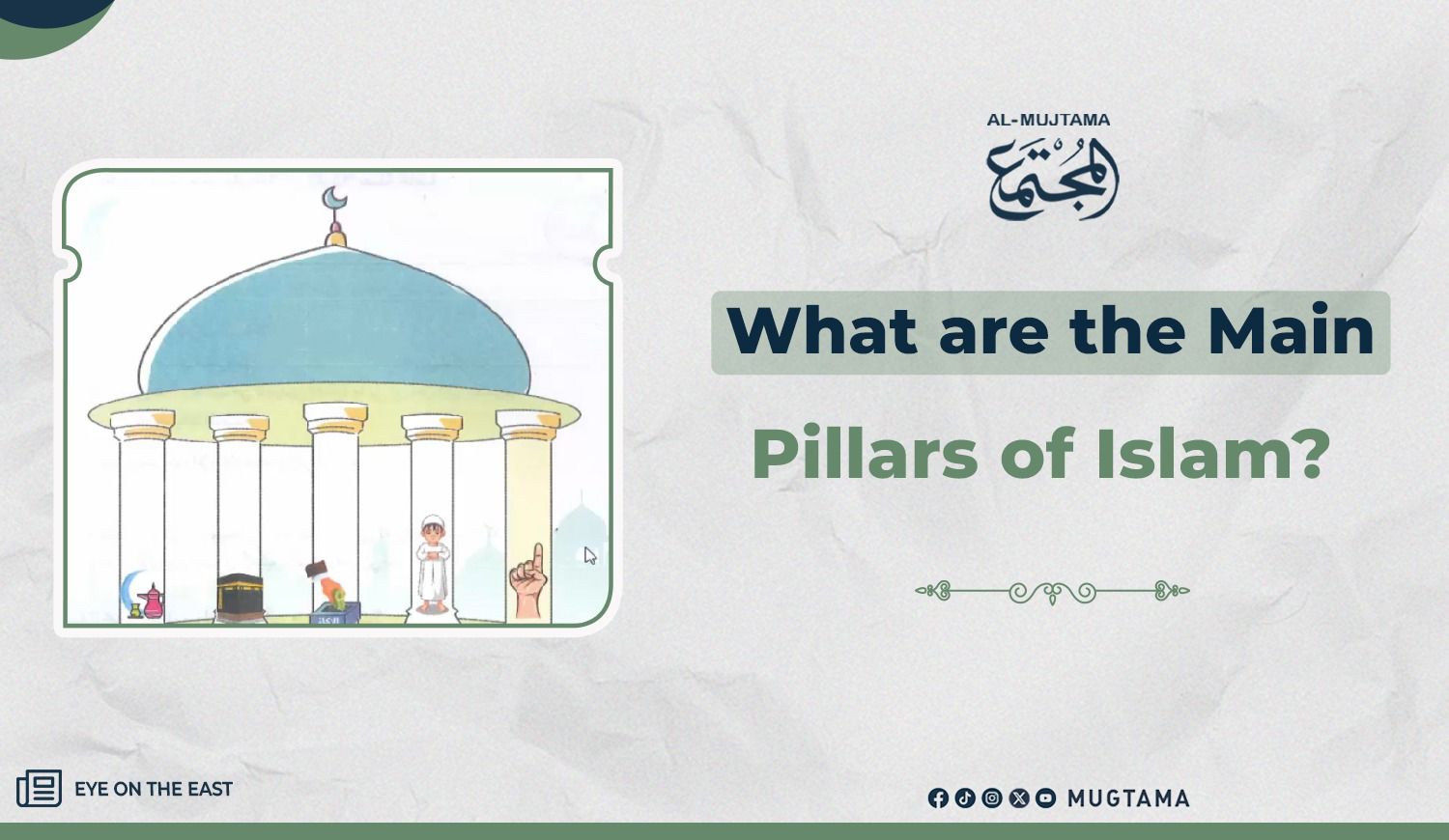Foundations & Teachings of Islam
What are the Main Pillars of Islam?

What are the 5 Pillars of Islam, and
what are the teachings of Islam?
Ibn Umar narrates that the Prophet Muhammad said: “Islam is
built on five (pillars): the testimony that there is no god except Allah and
that Muhammad is the Messenger of Allah; establishing prayer; paying zakah;
fasting in Ramadaan; and Hajj to the House (the Ka”bah).” [Bukhari, 8; Muslim,
16]
1. The Declaration of Faith – This consists of
the two-sentence declaration:
Ashadu an laa ilaha illallaah wa Ashadu ana MuhammadurRasoolullah (I
bear witness that none has the right to be worshipped but Allah, and I bear
witness that Muhammad is the Messenger of Allah).
2. Prayer – Muslims perform five obligatory
prayers each day. Islamic prayers are a direct link between the worshiper and
Almighty God. Islam has no hierarchical authority or priesthood. A learned
Muslim chosen by each congregation leads the prayers.
3. Zakah – One of the most important principles
of Islam is that all things belong to God and that wealth is held in trust by
human beings. Zakat, or charitable giving, “purifies” wealth by setting aside a
portion for those in need. This payment is usually two and a half percent of
one’s capital.
4. Fasting in the Month of Ramadan –
Every year in the Islamic lunar month of Ramadan, Muslims fast from before
sunrise until sunset. Fasting is another method of self-purification.
5. Pilgrimage or Hajj – A pilgrimage to Mecca, or
Hajj, is an obligation for those who are physically, mentally and/or
financially able to do so.
The foundation of the Islamic faith ultimately is the belief
in the Oneness of Almighty God. This means to believe that there is only one
Creator and Sustainer of everything in the Universe, and that nothing is divine
or worthy of being worshipped except for Him. Believing in the Oneness of
Almighty God means much more than simply believing that there is “One God”, as
opposed to two, three or four. Islam also rejects the use of all intermediaries
between God and Man, and insists that people approach God directly and reserve
all worship for Him alone. Muslims believe that Almighty God is Compassionate,
Loving and Merciful.
The essence of falsehood is the claim that Almighty God cannot
deal with and forgive His creatures directly. By over-emphasizing the burden of
sin, as well as claiming that God cannot forgive you directly, other religions
teach to despair the Mercy of God. Once they are convinced that they cannot
approach God directly, people can be mislead into turning to false gods for
help. These “false gods” can take various forms, such as saints, angels, or
someone who is believed to be the “Son of God” or “God Incarnate”. In almost
all cases, people who worship, pray to or seek help from a false god don’t
consider it to be, or call it, a “god”. They claim belief in One Supreme God,
but claim that they pray to and worship others besides Almighty God, only to get
closer to Him. In Islam, there is a clear distinction between the Creator and
the created. There is no ambiguity in divinity – anything that is created is
not deserving of worship and only the Creator is worthy of being worshiped.
Some religions falsely believe that Almighty God has become part of His
creation, and this has led people to believe that they can worship something
created to reach their Creator.
Muslims believe that even though Almighty God is Unique and
beyond comprehension, He has no “Son”, partners, or associates. According to
Muslim belief, Almighty God “does not beget nor was He begotten” – neither
literally, allegorically, metaphorically, physically, or metaphysically – He is
Absolute, Unique, and Eternal. He is in control of everything and is perfectly
capable of bestowing His infinite Mercy and Forgiveness to whomever He chooses.
That is why He is called the All-Powerful and Most Merciful. Almighty God has
created the Universe for man, and as such wants the best for all human beings.
Muslims see everything in the Universe as a sign of the Creatorship and
Benevolence of Almighty God. Also, the belief in the Unity of God is not merely
a metaphysical concept. It is a dynamic belief that effects ones view of
humanity, society, and all aspects of life. A logical corollary to the Islamic
faith in the Oneness of God is the belief in the oneness of mankind and
humanity.










